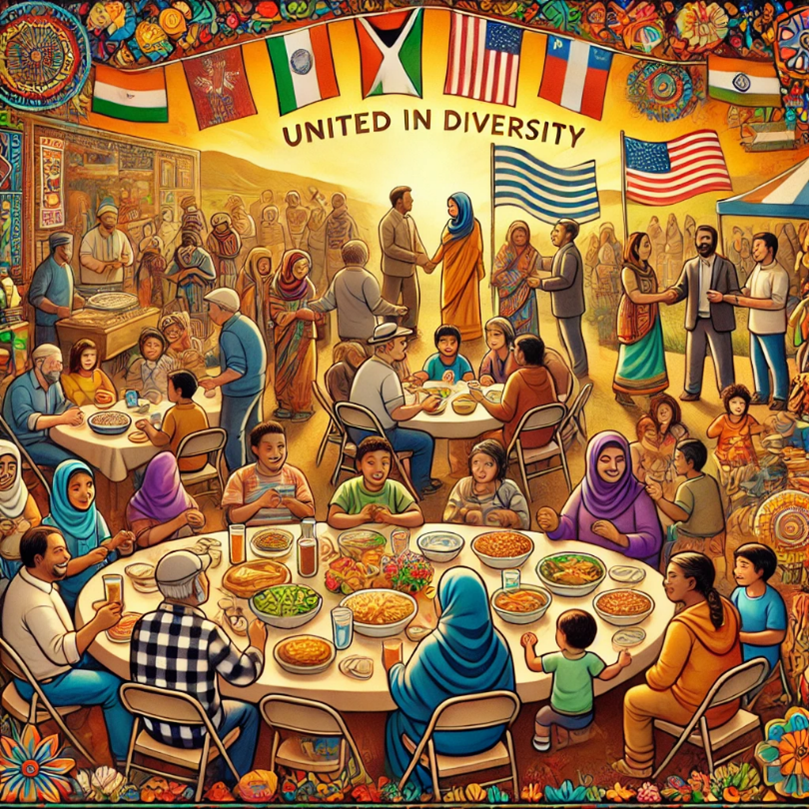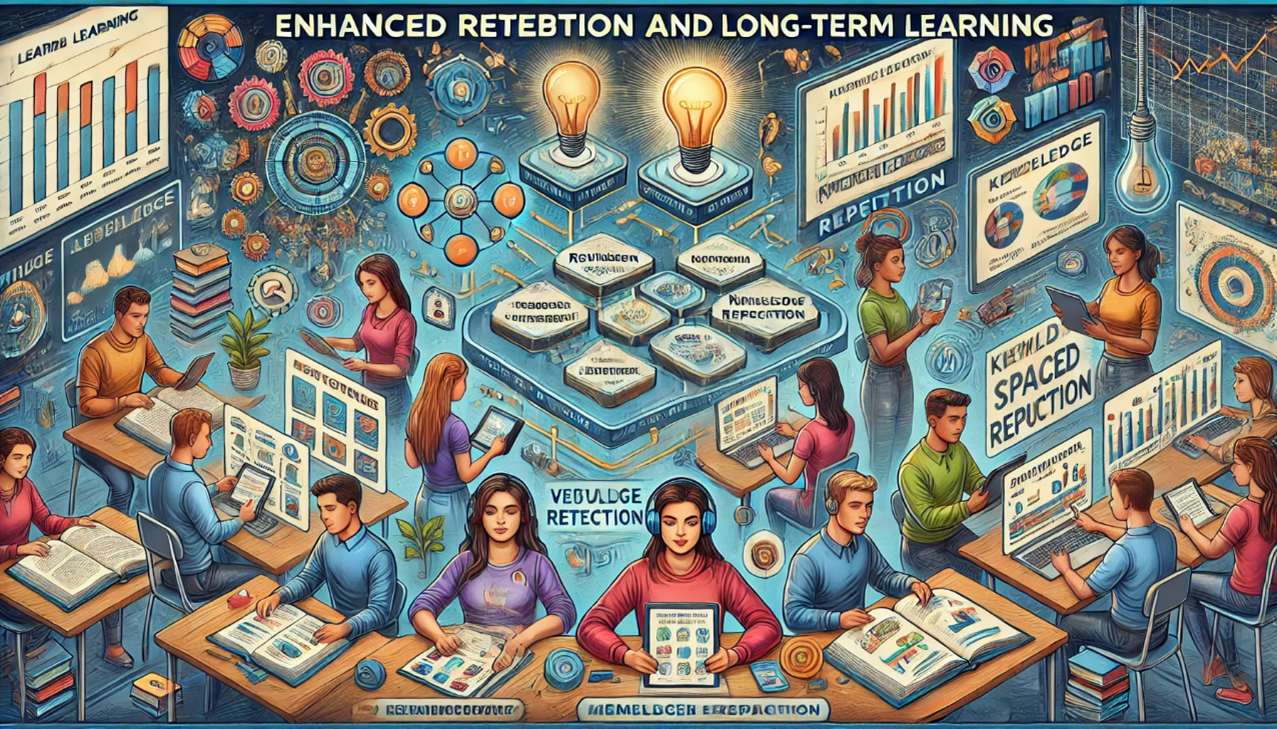How do political narratives shape public attitudes toward immigration?

How do political narratives shape public attitudes toward immigration?
by Maximilian 03:18pm Jan 03, 2025

Political narratives significantly shape public attitudes toward immigration by framing the issue in ways that evoke emotional, cultural, or economic concerns.These narratives influence perceptions, often creating simplified or polarized views of complex realities. Here's how:
1. Framing Immigration as an Opportunity
Positive political narratives can highlight immigration as a source of economic growth, cultural enrichment, and demographic renewal. These narratives often focus on:
Economic Benefits: Immigrants are portrayed as contributors to the labor force, innovation, and entrepreneurship. For example, emphasizing how immigrant workers fill labor shortages or start businesses can foster public support.
Cultural Diversity: Narratives that celebrate multiculturalism and the enrichment of society through diverse traditions, cuisines, and arts promote inclusivity.
Humanitarian Responsibility: Political leaders and campaigns focusing on the moral obligation to help refugees or asylum seekers frame immigration as an ethical issue, appealing to empathy and global solidarity.

2. Framing Immigration as a Threat
Negative political narratives often cast immigration as a challenge or danger to national identity, security, or economic stability. These narratives may focus on:
Economic Competition: Immigrants are sometimes portrayed as taking jobs, driving down wages, or burdening social services, fostering resentment, especially during economic downturns.
Cultural Erosion: Politicians may frame immigration as a threat to traditional values, language, or cultural norms, appealing to nationalist sentiments.
Security Risks: Linking immigration to crime, terrorism, or border control issues can stoke fear, even when evidence for such claims is weak or anecdotal.
3. Media Amplification
The media plays a critical role in amplifying political narratives,shaping how immigration is discussed and perceived:
Selective Coverage: Sensational stories about illegal immigration or isolated incidents involving immigrants can reinforce negative stereotypes.
Imagery and Language: Terms like "flood," "wave," or "invasion" evoke crisis and urgency, shaping public perception of immigration as overwhelming or uncontrollable.
Humanizing Stories: Conversely, stories that focus on individual immigrant experiences, such as families fleeing war or achieving success, can build empathy and understanding.

4. Impact on Public Opinion
Polarization: Competing narratives often lead to polarized public attitudes, with some groups becoming more supportive of immigration and others more opposed.
Policy Preferences: Narratives influence whether the public supports restrictive immigration policies (e.g., border walls, deportations) or more inclusive ones (e.g., pathways to citizenship, refugee resettlement).
Group Identity: Political narratives can strengthen in-group/out-group dynamics, with immigrants being perceived as "others" or as integral to the national fabric.
5. Countering Negative Narratives
Positive counter-narratives can challenge misinformation and reshape public attitudes:
Data-Driven Advocacy: Presenting evidence about immigrants' contributions to the economy and society can counter myths.
Shared Values: Emphasizing shared values, such as hard work or family, helps integrate immigration narratives into a broader national identity.
Personal Stories: Highlighting immigrant success stories humanizes the issue and counters dehumanizing rhetoric.

In sum, political narratives are powerful tools that can shape public attitudes toward immigration in ways that either promote inclusivity and cooperation or deepen divisions and fear. Recognizing and critically evaluating these narratives is essential for fostering informed and balanced public discourse.






